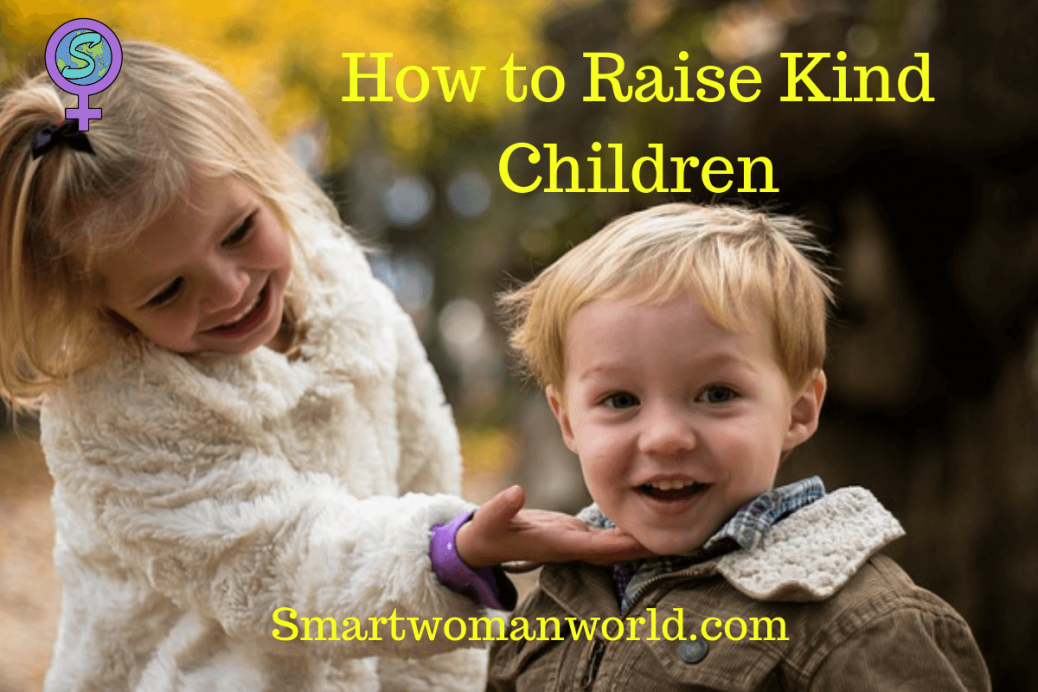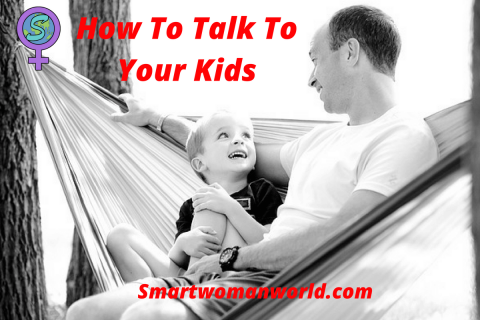Kindness is one attribute which is becoming rare these days. People have become self-centered and selfish. Everyone wants happiness for themselves but do not have the time to help others. In this article, we show you How to Raise Kind Children.
Basic courtesy and kindness are severely lacking in our day to day lives. The result is that the next generation i.e our children are observing this selfish attitude and becoming more self-centered.
Bringing up children to be kind is one of the most challenging things today.
How to Raise Kind Children
1. Use kindness language in your family on a regular basis.
Children are great observers and so they observe you all the time. Your behavior has a great impact on them. If you are regular in wishing good morning to the watchman or the liftman or the housekeeping staff, then it becomes easier for them to also wish the same.
Early in life teach children words like please and thank you, as this will encourage them to follow a kind language. Some of the examples of kind language are listed below :
- Thank you for your kindness.
- Can you please clean the room.
- Can you please be respectful and settle this in a more kind way.
- Daily you will have many opportunities to teach your children to be kind.
2. Parents need to be role models of kindness in the house.
It is important for parents to treat your children kindly as they in turn will treat others with kindness. Children will learn kindness in the way you treat them.
As parents, both father and mother, need to avoid arguments or abusive language at home. We all commit mistakes but it is good to own them up and say sorry.
Avoid gossip or speaking unkind things about others in front of your children. This will make your children more careful about the words they speak of others.
3. Make a family environment conducive to practice gratitude and kindness.
Talk to them about kindness all the time. Tell your children that kindness is thinking of others and not just yourself and kindness is helping someone in need by caring for them.
Provide opportunities for them at home to practice caring for others and showing kindness. Once they cultivate this good habit of helping others in need or expressing their gratitude by saying please and thank you, then they are more likely to be helpful, generous, forgiving and compassionate adults.
Expressing kindness and gratitude will help them to stay happy and healthy. Do not reward every small act of kindness or gratitude. Practicing kindness and gratitude should be the norm in your life and so whenever they do an extraordinary act of kindness, it’s time to reward them
4. Try and insist on kind and respectful behavior in all your family interactions.
Children are great observers and so care should be taken to correct them when they behave inappropriately. Always correct their unkind or disrespectful behavior.
Never allow your children to speak disrespectfully to you or any elders. Have clear-cut family rules or boundaries which will clearly state the consequences of being disrespectful.
One of the most common mistakes we find is that siblings call names and are rude to each other. Make a clear rule that there will be no name calling and neither will anyone use unkind language. Further be consistent in enforcing the boundaries.
5. Help your children to overcome negative emotions.
We all face real-life situations which make us angry, envious, jealous, stressful or make us exhibit other negative emotions. It is natural that children will also face such negative emotions, but we need to teach our children to deal with these negative emotions in more productive ways.
Teach your children to calm down and count slowly till 10 and take a deep breath instead of retorting back in anger. Tell them that it is wise to calm down and think before they retort back.
Tell them that hurting people will not help them in the long run and it is very important to be respectful even if you disagree.
6. Show and tell your children and also teach them non-verbal communication.
When children are young, it is important to show and tell them to be kind. Tell them short stories about real life situations and ask them for their answers and then tell them what would be the correct thing to do.
For e.g.
A new student has joined in your class and during lunch time you find him sitting all alone and having lunch …What would you do?
Your grandma has had woven a sweater for your birthday and you want to like to wear it even though she has specifically requested you to wear it? What will you do?
Create these real life conversation starters that will help your child to think and then speak to them about emotions and other things, so that the child understands the importance of being kind.
Teach them the non-verbal ways of communicating kindness and gratitude like a hug or a gentle pat on the back or just wiping someone’s tears or giving them an encouraging smile or gently helping someone who has fallen down etc.
These are some tips which can help you get started in teaching kindness to your children. The most important thing is to make your home conducive to help children to learn and treat others kindly.
Hope you enjoyed reading this article on How to Raise Kind Children
Tags: be kind, how to raise a child with good manners, How to Raise Kind Children, kindness and empathy



